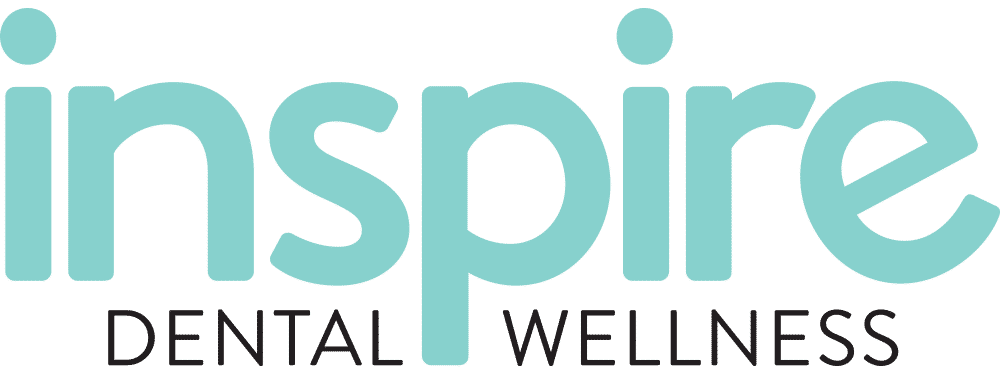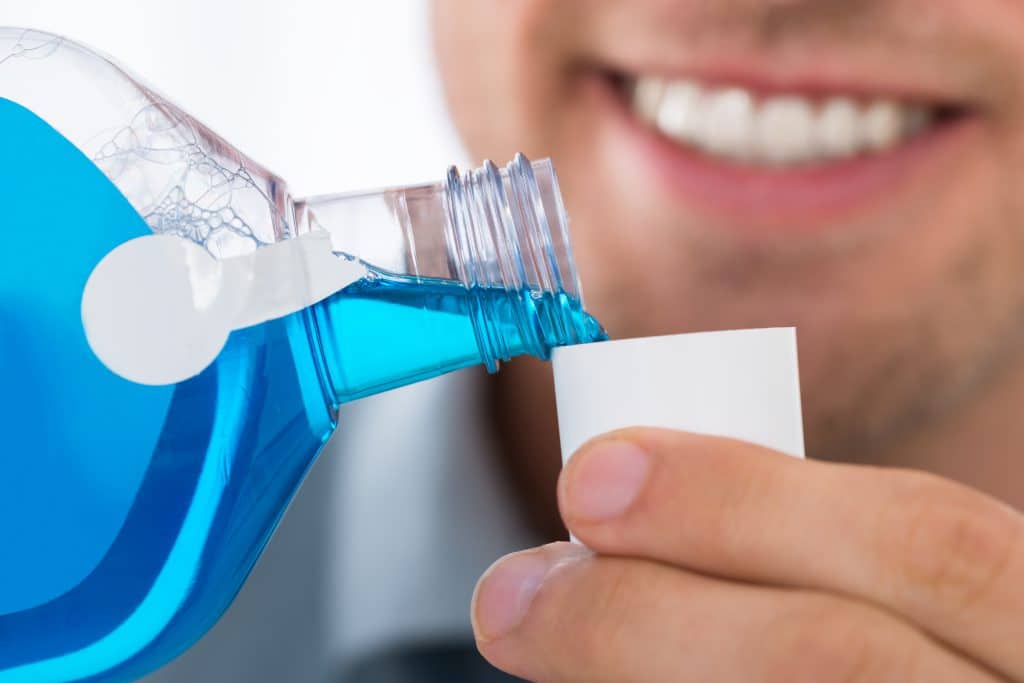Brushing and flossing your teeth is the foundation of any daily oral health habit. Those are, without substitute, the two most effective methods for removing plaque and bacteria. That said, by incorporating a mouthwash rinse into your daily routine alongside brushing and flossing, you can further help eliminate the bacteria that causes the plaque buildup which leads to gum disease.
Let’s take a closer look at some of the various mouthwash benefits that can come with regular and proper use.
The Importance of Mouthwash
For those who are wondering: Does mouthwash work? The answer is a resounding yes! Clinical studies have shown that the use of mouthwash can improve your oral health in several ways. Plaque is the bacteria-laden sticky film that forms on your teeth after a meal. Over time, this problematic plaque can destroy tooth enamel, cause cavities, and lead to gum disease known as gingivitis. It can even develop at the root of a tooth, under the gums, and eat away at the bones that support the teeth.
Brushing twice a day and flossing once can eliminate most of the bacteria that cause plaque, but not all of it. There are certain places in your mouth that a toothbrush or floss can’t reach. That’s where a daily mouthwash rinse comes in helpful.
When used properly, mouthwash can kill any remaining bacteria in the mouth, especially that which settles in those hard-to-reach places, strengthening your teeth and offering an added layer of protection from cavities and periodontal disease. And as an added bonus, eliminating that bacteria will leave your mouth feeling clean and your breath smelling fresh!
Mouthwash Tips: How to Properly Use Mouthwash
It may seem like using mouthwash is simple, and it is, but proper use often goes overlooked. Here are some mouthwash tips to make sure you receive all the mouthwash benefits an antiseptic rinse can bring to your oral health:
- Pour roughly four teaspoons (about 20 milliliters) of mouthwash into a cup
- Do not dilute with water
- Empty the mouthwash into your mouth·
- Swish in mouth for between 30 – 60 seconds; less than 30 seconds won’t kill all the bacteria, while more than a minute is plenty good enough.
- While swishing be sure to gargle in order to properly reach the back of your mouth
- Spit mouthwash into the sink and rinse with water
Mouthwash FAQs
- How does mouthwash work?
Quite simply, the alcohol contained in nearly all oral rinses helps kill the harmful bacteria in your mouth. When paired with a regular brushing and flossing routine, you can prevent the buildup of plaque that leads to various oral health issues.
- Can you overuse mouthwash?
It’s possible, yes. The alcohol contained in mouthwash can lead to dry mouth, which can lead to cracks and swellings in the mouth, as well as tooth discoloration and irritation.
- Does mouthwash prevent cavities?
It can! Fluoride mouthwashes, in particular, can be particularly effective in the remineralization of teeth, strengthening enamel and thereby reducing tooth decay and cavities, while also repairing the early stages of tooth decay.
- Should you use mouthwash every day?
To really experience the mouthwash benefits discussed above, you should incorporate an oral mouth rinse into your daily routine. It doesn’t necessarily matter when you rinse–some prefer to use mouthwash before or after brushing, for that extra fresh feel, while others use it right before bed, to eliminate any excess germs or bacteria.
Also, when contemplating the importance of mouthwash, it’s best to remember that any oral rinse will take several weeks to deliver results such as teeth whitening or preventing gums from bleeding!
If you’re looking for a dental clinic in the Orland Park area, look no further. Inspire Dental Wellness is a full-service dental practice staffed with the latest technology, leading-edge equipment, and highly-trained professionals to make your smile their top priority. It’s time for you to experience superior service for yourself.

